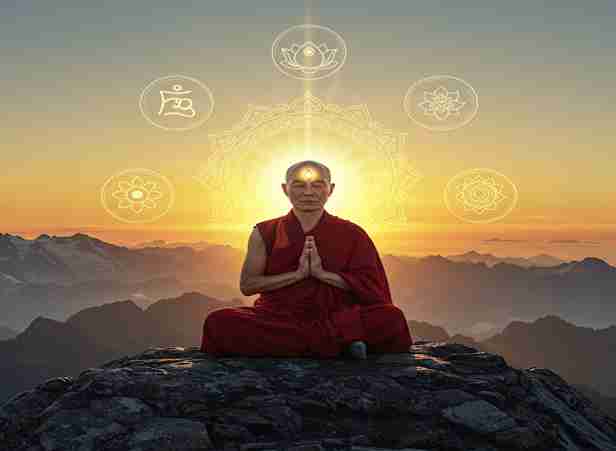

Yoga and Ayurveda are the comprehensive science of well health's twin sisters.
Background
The "science of life" is defined as Ayurveda. It is regarded as a sister science to Yoga, which is popular in the West as a kind of physical exercise. However, Yoga is more than merely holding specific poses. Yoga is many things, yet at its core, it is everything. It is the means of achieving peace in this planet. Yoga means "to yoke"; via Yoga activities (such as exercise and meditation), the mind is yoked and restored to its original completeness.The ancient Rishis (sages) had a great insight of the human situation, and their knowledge lives on now. Yoga and Ayurveda were created in tandem to enhance sukha (ease, happiness). Ayurveda treats dukha through medicines, exercise, food, gemstones, meditation, colours, and natural treatments (suffering, dis-ease). Ayurveda is built on curing each individual and addressing their Doshas (Vata, pitta, and kapha) or constitutions. Ayurveda and Yoga practises diverge from current concepts of "one size fits all" health treatment since they focus on the unique make-up of each individual. Westerners are growing sick of drug-based care and turning to alternative kinds of healing. Yoga is a popular kind of exercise. When one delves deeper into the concept and actual meaning, they will discover a world without any illnesses.
What is the appeal of Ayurveda?
"During the epidemic, more individuals became aware of the value of Ayurveda." It also sent a message to the rest of the world that health is something that cannot be purchased at a drugstore. We must earn it through holistic science, which includes a healthy lifestyle, food, yoga, recreation, meditation, and supplements containing revitalising herbs. Panchakarma is also beneficial. All of this contributes to our overall health and illness prevention."


Two Sister Sciences
Yoga and Ayurveda are two sister sciences that have co-evolved and impacted each other throughout history. Ayurveda is often recognised as the world's oldest type of treatment, stretching back around 5,000 years. Ayurveda, like yoga, is gaining popularity in the West as a holistic healing approach. This science is making inroads into American society.
Ayurveda evaluates a person based on his or her whole mental and physical health. According to data obtained by Sports Marketing Surveys USA for Yoga Journal in a 2012 survey, 8.7 percent of U.S. adults, or 20.4 million people, practise yoga. According to the National Centre for Complementary and Alternative Medicine (NCCAM), the National Health Interview Survey covered complementary and alternative medicine in 2007. A comprehensive survey on the use of complementary health practices by Americans and found more than 200,000 U.S. adults had used Ayurveda in the previous year.With over 3 million practitioners, the Maharishi Ayurveda health programme is the fastest growing alternative medicine system in the United States. Many best-selling books propagate Ayurvedic ideas that are common knowledge. More than 600 scientific investigations at 220 institutions in 27 countries have shown its usefulness in various areas of health and attractiveness.
What is Ayurveda, exactly?
Ayurveda is the world's oldest preventative health care system. Ayurvedic concepts may be found in Hindu writings known as the Vedas, which are ancient Indian books of learning. Ayurveda is a Sanskrit term from the Indian language that combines "Ayur," which means "life," and "Veda," which means "wisdom, knowledge, or science." In Indian traditions, it is regarded as the "science of life." Those who engage in these natural practises must follow guidelines to live sustainably. Ayurveda recognises the individuality of each individual. It acknowledges that each individual has a distinct bodily type and psychological personality. Once you understand your body's composition, you can preserve your health by living a balanced, moderation-based lifestyle. When the body is balanced, you will be able to recognise early "warning signals" and nourish the body in the proper manner to prevent sickness and stay healthy. According to Dr Vasant Lad, "Ayurveda helps a healthy person stay healthy and a diseased person regain health." Human pleasure, health, and wisdom are obtained by following an Ayurvedic lifestyle.
This science takes into account all aspects of the individual (body, mind, and spirit), provides natural methods of treating ailments and improving health, and stresses.










